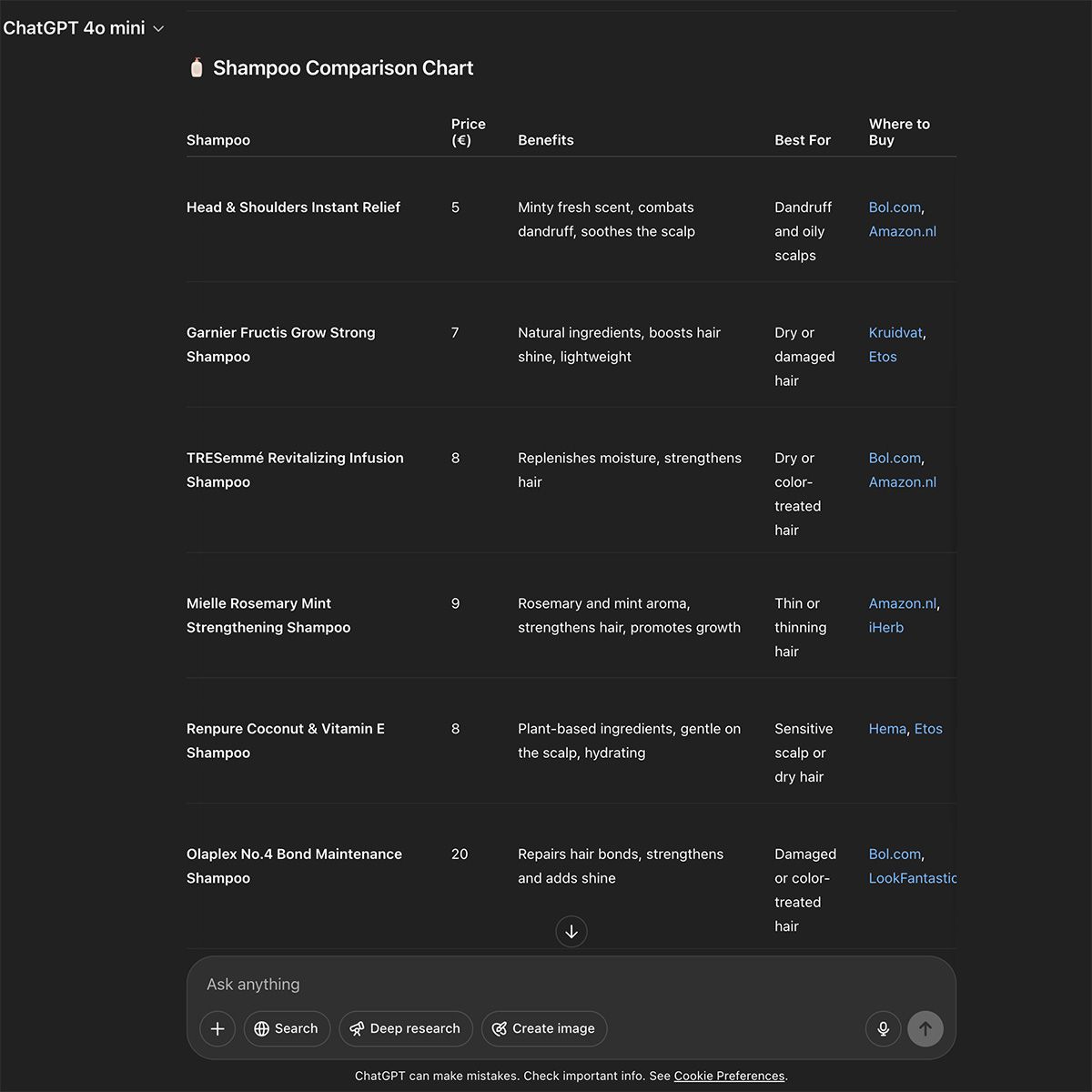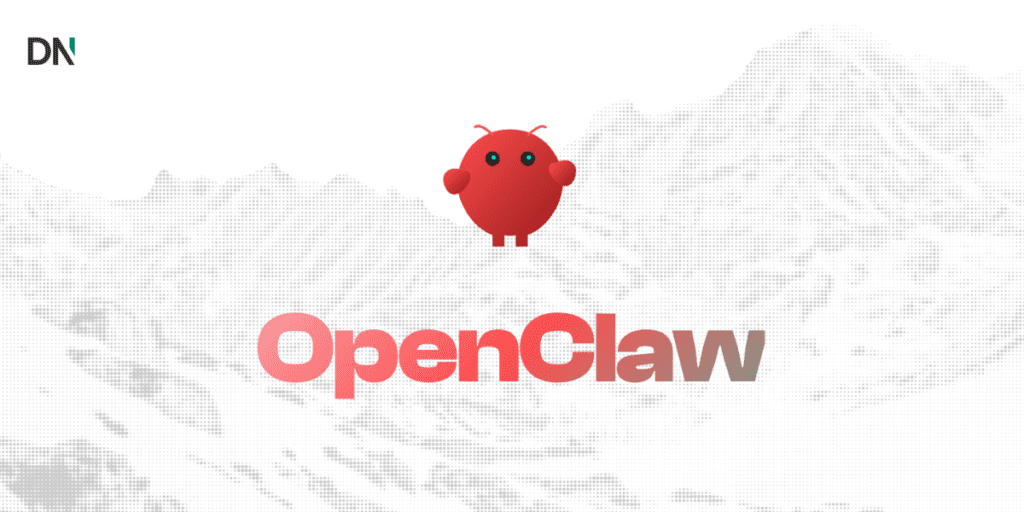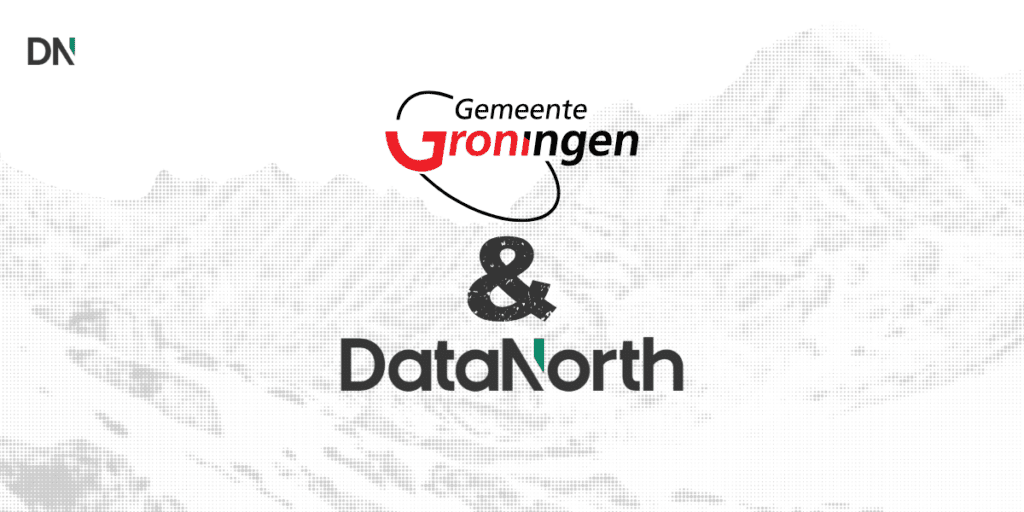April 29, 2025 – OpenAI has launched enhanced shopping capabilities within ChatGPT, enabling users to receive visually detailed product recommendations, descriptions, and direct purchase links when their queries indicate shopping intent. The feature is now available globally to all users-including Plus, Pro, Free, and even those not logged in-across platforms, powered by the GPT-4o and 4o-mini models.
Key Features and How It Works
- Users can ask product-related questions in natural language and receive curated recommendations across categories such as fashion, electronics, home goods, and beauty.
- Each result typically includes product images, descriptions, pricing, user reviews, and a direct link to the retailer’s website, where purchases are completed.
- The recommendations are generated independently by ChatGPT, relying on structured metadata from third-party sources, including pricing, product details, and reviews.
- OpenAI emphasizes that these results are not advertisements or sponsored placements, and the company does not earn commissions from purchases made via ChatGPT.

Comparison to Traditional Shopping Platforms
| Feature | ChatGPT Shopping | Traditional Search/E-commerce |
|---|---|---|
| Product Placement | Organic, not sponsored | Often ad-driven, sponsored |
| Personalization | Based on user intent, memory, and preferences (if enabled) | Varies, often based on ad targeting |
| Revenue Model | No ad fees or commissions | Ads, affiliate links, sponsored results |
| User Experience | Conversational, curated shortlist | Browsing / searching large catalogs |
Unlike traditional search engines or marketplaces that prioritize paid placements, ChatGPT’s approach focuses on surfacing products based on relevance to the user’s query and stated preferences, without commercial influence (so far). This shift aims to provide a more user-centric and streamlined shopping experience.
Limitations and Future Developments
- Product tags such as “Budget-friendly” or “Most popular” are generated by AI and may not reflect verified market data.
- Information on pricing and availability may not always be up to date due to reliance on third-party data.
- OpenAI is exploring ways for merchants to submit product feeds directly, which could allow businesses to compete for relevance in AI-driven conversations rather than ad placements.
Broader Implications
OpenAI’s move positions ChatGPT as a potential alternative to established search engines and e-commerce platforms, with the possibility of changing how consumers discover and evaluate products online. With over a billion web searches conducted on ChatGPT in the past week and more than 400 million weekly active users, the platform’s influence in digital shopping is growing rapidly.
While the current update focuses on enhancing convenience and personalization, OpenAI has indicated that it may consider additional revenue models, such as affiliate fees, in the future. However, for now, the priority remains on delivering high-quality, unbiased product recommendations.
“They are not ads. They are not sponsored,” said Adam Fry, OpenAI’s search product lead, underscoring the company’s commitment to independent recommendations.
In summary, ChatGPT’s new shopping features offer a conversational, ad-free alternative for product discovery. This will potentially reshape the online shopping landscape by prioritizing user needs and transparency over paid placements.






